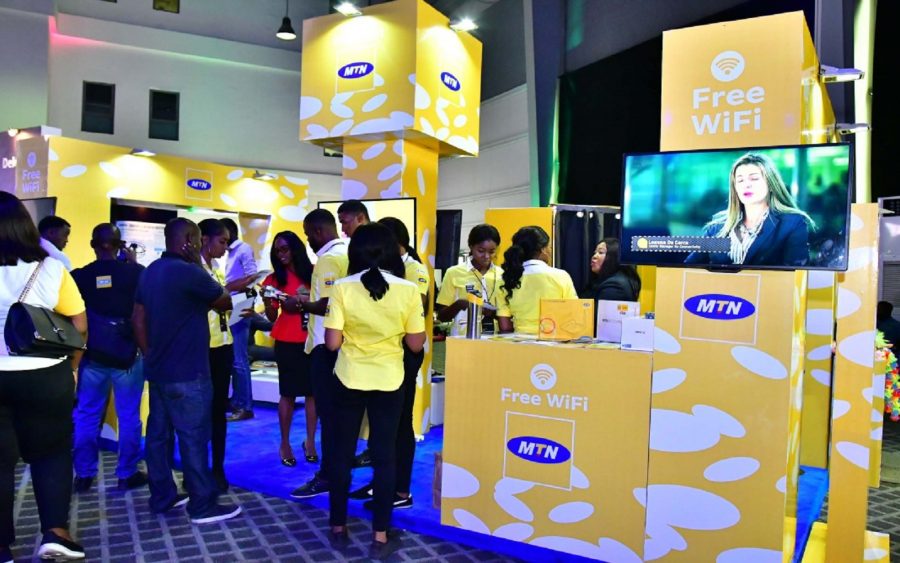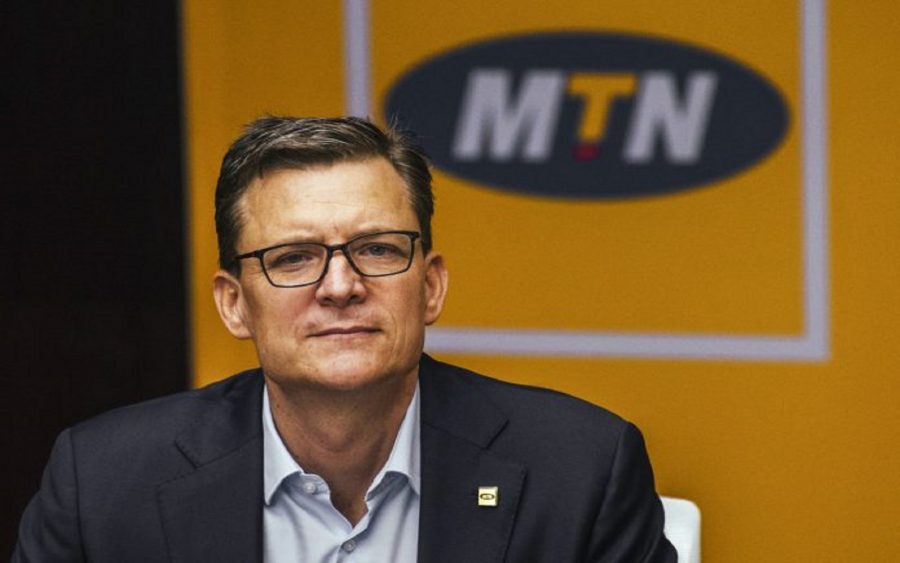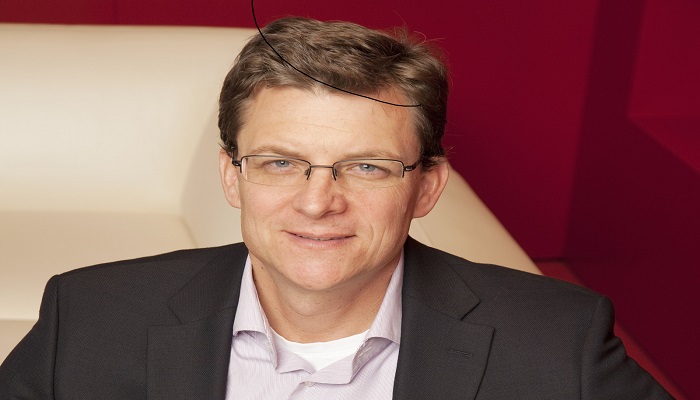MTN Group has revealed plans to apply for payment banking license in Nigeria and launch a service in the country by the second quarter of 2019.
According to MTN Chief Executive, Rob Shuter
“We will be applying for a payment service banking license in Nigeria in the next month or so, and if all goes according to plan, we will also be launching Mobile Money in Nigeria probably around Q2 of 2019.”
The success story of mobile money over in East Africa, pioneered by Kenya’s Safaricom, has convinced investors and the industry that financial services is the next growth area for telecoms to offset falling prices for basic services.
How the mobile money works
MTN Mobile Money is a service that enables users send and receive money with their mobile phone. The intended recipient must have an MTN Mobile Money account, which is an electronic account linked to their MTN mobile phone. Once a mobile money transfer has been made, the recipient can use their mobile wallet to pay for goods, public transport costs and even household bills. Importantly, they can also withdraw the money as cash.
Growing Mobile Money market in Nigeria
Nigeria has recorded a 50 per cent increase in the volume of mobile money within January to September this year.
Figures released by the Nigeria Interbank Settlement System (NIBSS) show that in the nine months under review, volume of mobile money transaction was N1.2 trillion. This is a huge increase, compared with N795.18 billion recorded in the same period last year.
The figures also revealed that the number of mobile money customer also rose from 3.2 million recorded in 2017 to 5.54 million during the same period this year.
The growth according to the NIBSS is a reflection of interest Nigerians are gradually showing in mobile money just few years after it was launched by the Central Bank of Nigeria (CBN).
In its 2018 Q3 financial result for the period ended 30th September 2018, the Group Mobile money customers grew by 1.7 million to 25.8 million users. The group also reported a 1.1 per cent rise in quarterly user base helped partly by strong performances in Nigeria, its largest but increasingly problematic market.















